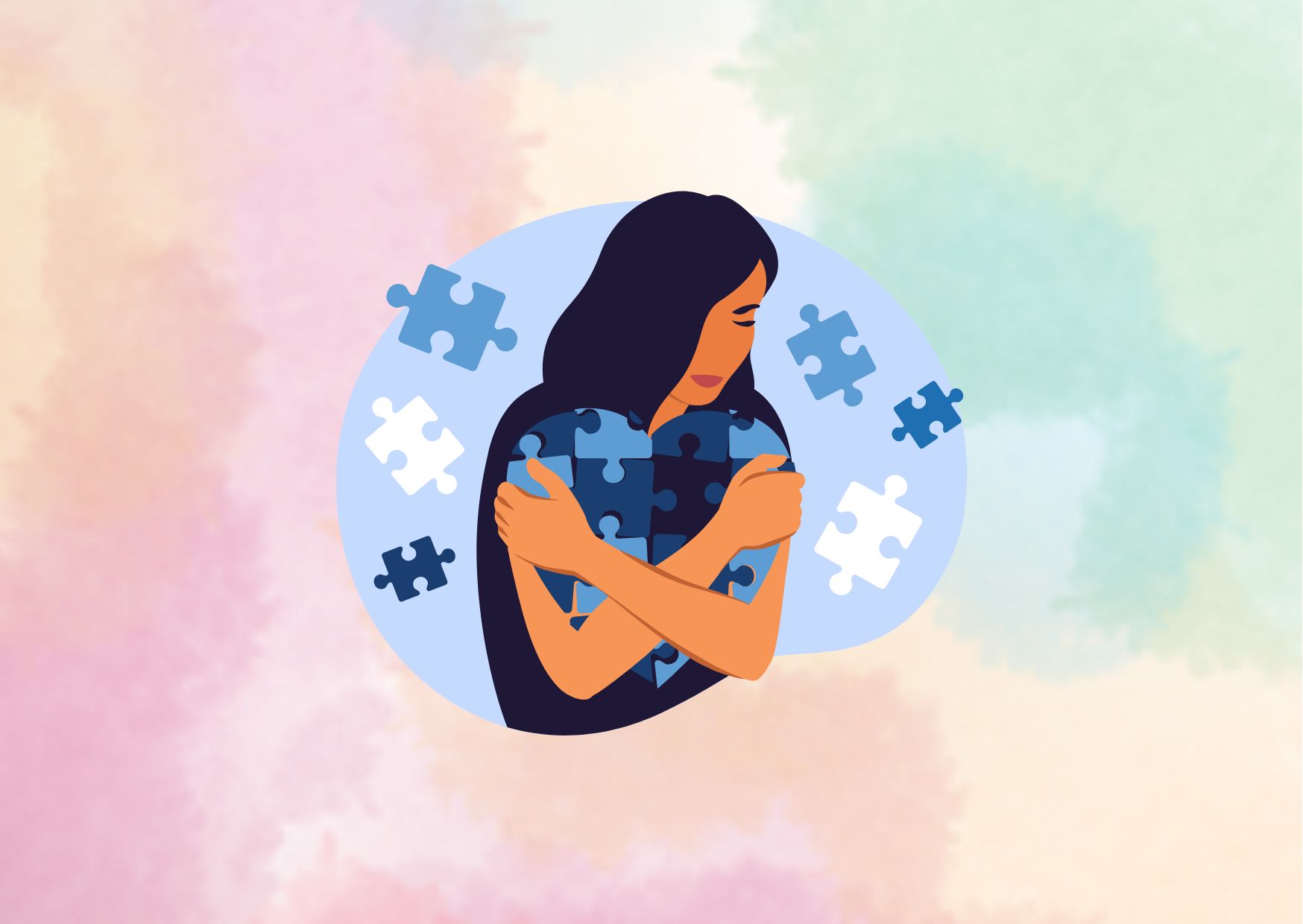How to Prioritize Mental Health After a Divorce or Long-Term Relationship
Going through a divorce or the end of a long-term relationship can be one of the most challenging and stressful experiences in life. It can leave you questioning everything you thought you knew about love and yourself. However, it’s important to remember that this difficult period doesn’t have to define your future. In fact, experts suggest that getting divorced in your 40s or 50s can actually improve the quality of your future relationships. Prioritizing your mental health during this time is crucial for healing and finding happiness with a new partner. In this article, we will explore the steps you can take to prioritize your mental health after a divorce or long-term relationship.
The Importance of Mental Health After a Divorce
Divorce is ranked as the second most stressful life event, right after the death of a spouse or child. It’s natural to experience a range of emotions, including sadness, anger, and confusion during this time. Taking care of your mental health is essential to navigate through these emotions and move forward in a healthy way. Here are some key factors to consider:
- Seek Professional Help
One of the most effective ways to prioritize your mental health after a divorce is to seek professional help. Online counselling, therapy, and psychotherapy have become increasingly popular and accessible options. Platforms like Inquire Talk provide certified therapists who can guide you through the healing process. These professionals can help you process your emotions, develop coping strategies, and provide valuable insights and guidance.
- Take Time to Heal
Divorce is a significant loss, and it’s essential to give yourself time to heal. Don’t rush into another relationship or try to bury your emotions. Allow yourself to grieve and process the end of your marriage or long-term relationship. This may involve journaling, meditation, or engaging in activities that bring you joy and peace. Taking the time to heal will set a solid foundation for future relationships.
- Practice Self-Care
Self-care is crucial during this time. Focus on activities that nourish your mind, body, and soul. This could include exercise, spending time in nature, practicing mindfulness or meditation, engaging in hobbies, and connecting with loved ones. Prioritizing self-care will help reduce stress, boost your mood, and enhance your overall well-being.
- Build a Support System
Surrounding yourself with a strong support system is vital after a divorce. Lean on friends and family who can provide emotional support and understanding. Joining support groups or seeking out community resources can also be beneficial. Connecting with others who have gone through similar experiences can provide a sense of belonging and validation.
Navigating Relationships After a Divorce
After divorce or the end of a long-term relationship, you may feel hesitant to enter the dating scene again. It’s essential to approach new relationships with caution and prioritize your own well-being. Here are some tips for navigating relationships after a divorce:
